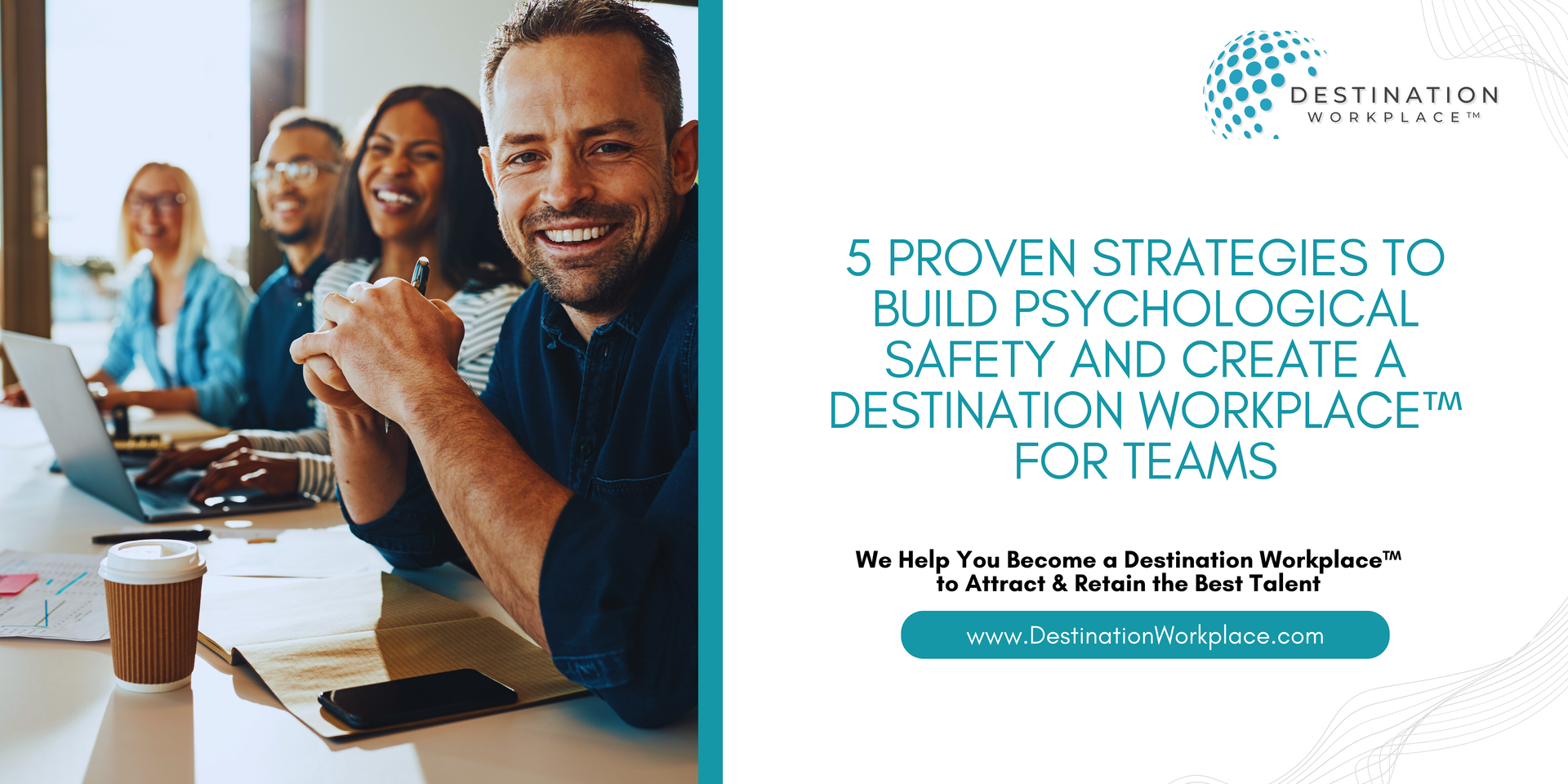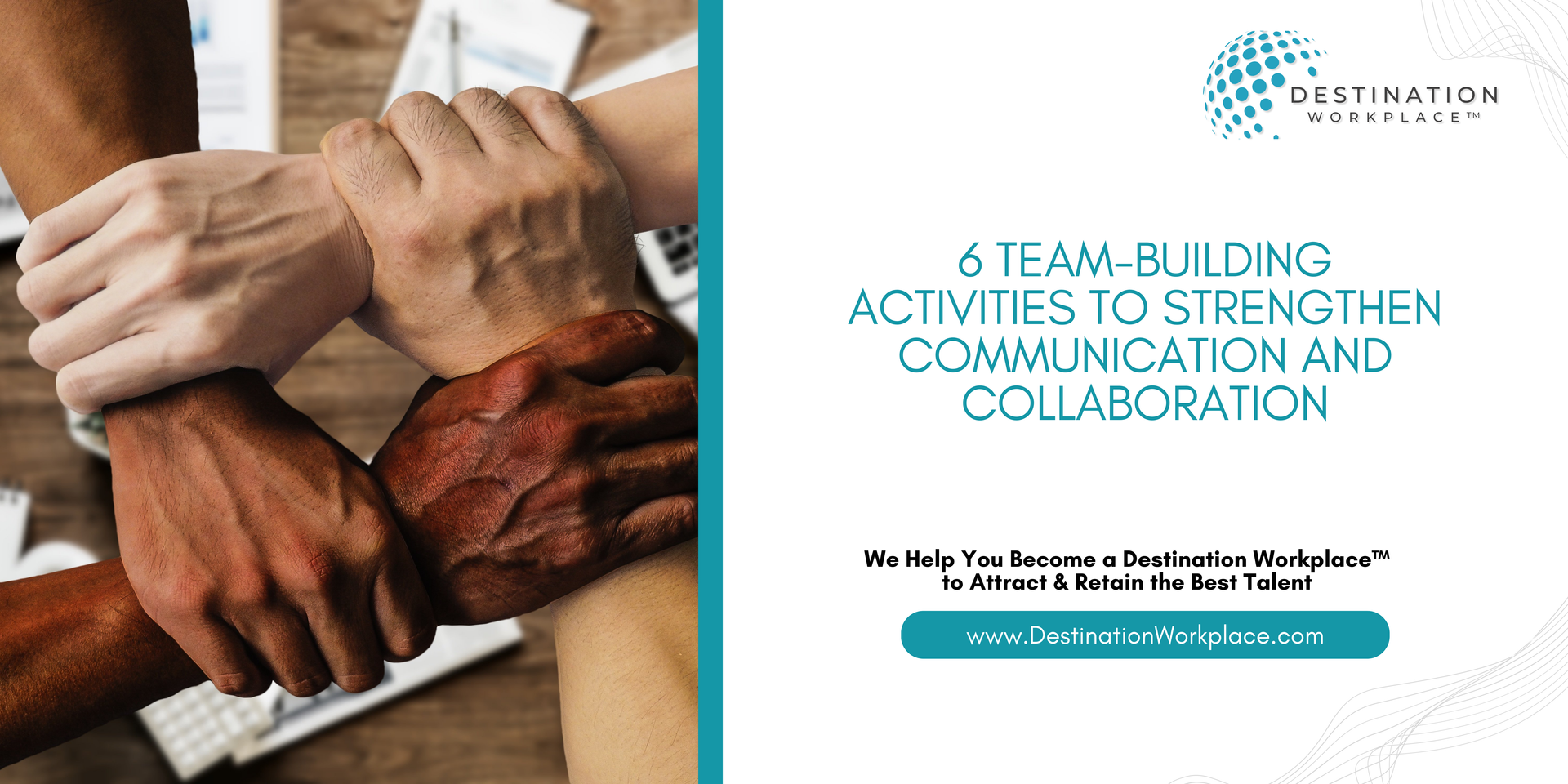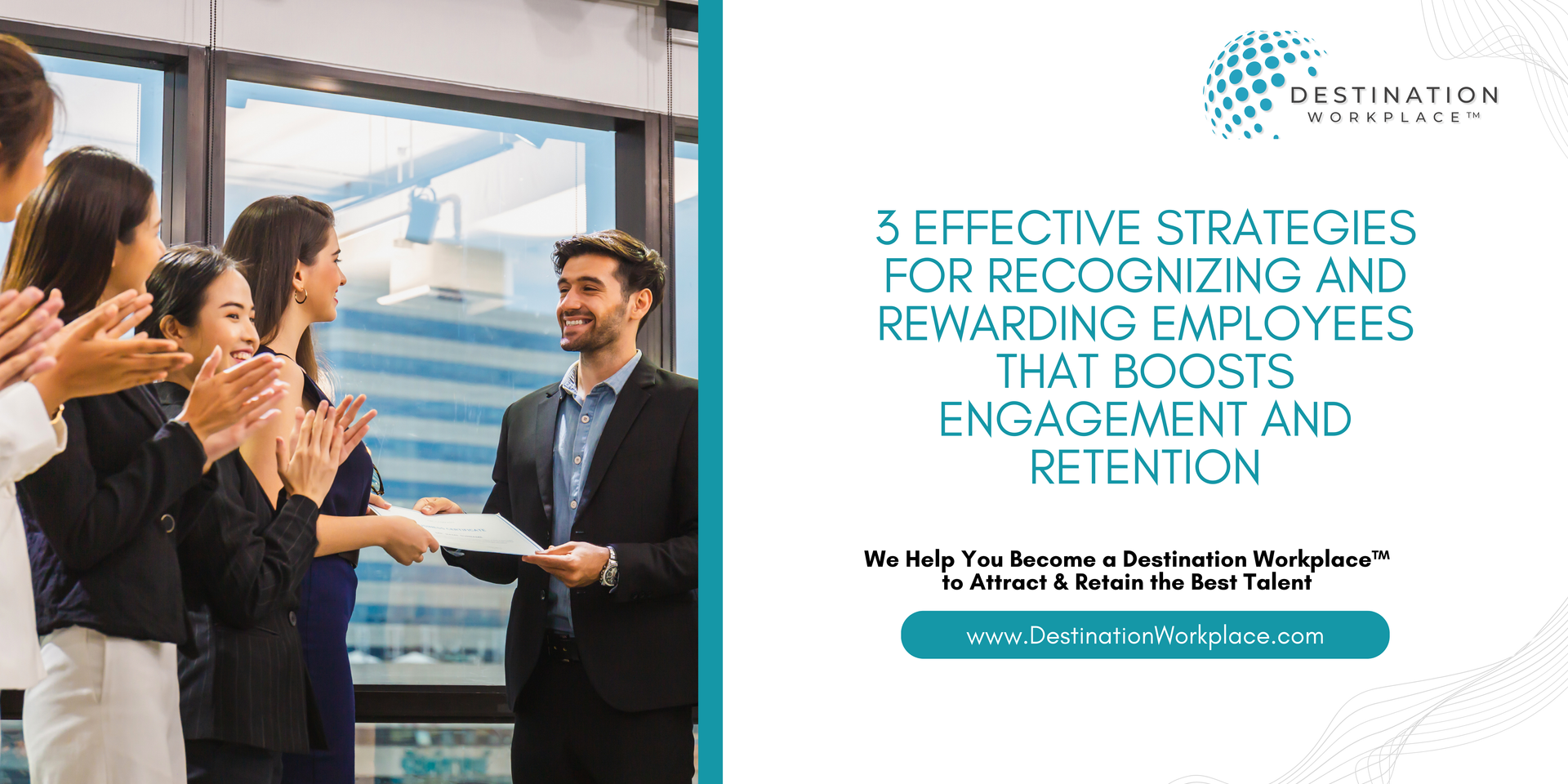info972-556-5244 | info@betsyallenmanning.com
6 Powerful Solutions for Closing the Current Employee Skills Shortage Gap

Many companies are facing a significant challenge: a shortage of skilled employees. This shortage is not only impacting productivity and growth but also hindering innovation and competitiveness. As a result, organizations are seeking ways to bridge this skills gap and ensure they have the talent needed to succeed in the future. In this article, we will explore strategies that can help companies address the current employee skills shortage gap and thrive in an increasingly competitive market.
1. Invest in Training and Development Programs
One of the most effective ways to bridge the employee skills shortage gap is to invest in training and development programs for your current workforce. By providing employees with opportunities to learn new skills and develop professionally, you can ensure that your team has the knowledge and expertise needed to meet the demands of your industry. Whether it's offering workshops, seminars, or online courses, investing in training programs can help your employees stay ahead of the curve and contribute more effectively to your organization.
2. Implement Mentorship Programs
Mentorship programs can be a valuable tool for bridging the employee skills shortage gap by pairing experienced employees with those who are looking to develop new skills or advance their careers. Mentors can provide guidance, support, and feedback to their mentees, helping them navigate challenges, set goals, and grow professionally. By implementing mentorship programs within your organization, you can facilitate knowledge transfer, foster collaboration among team members, and ultimately bridge the skills gap more effectively.
3. Discuss Skills-Gaps During CPC’s
The best time to discuss an employee’s skills gaps is during their annual CPC - Career Pathing Conversation. By determining the direction they plan to go, and the skills they need to get there, you will not only develop more capable employees and future leaders, you will also create more loyalty as well as an environment where all employees feel valued and supported in their professional growth. According to LinkedIn's Global Talent Trends report, 94% of employees would stay at a company longer if it invested in their career development.
4. Use Micro-Credentialing for Targeted Skill Development
Micro-credentialing is gaining traction as a flexible and efficient way to address specific skill gaps. According to a report by the Pew Research Center, 87% of workers believe it will be essential for them to get training and develop new job skills throughout their work life. By offering short, focused courses that lead to recognized credentials, businesses can empower employees to acquire the skills needed for their roles rapidly.
5. Include Gamification While Learning
Gamification has emerged as a powerful tool for enhancing employee engagement and motivation in the learning process. A study by TalentLMS found that 83% of employees who received gamified training felt motivated, while 61% of non-gamified learners felt bored and unproductive. By incorporating game elements such as points, badges, and leaderboards into training programs, businesses can make learning more enjoyable and effective. It’s one of the top reasons we include gamification in our workshops.
6. Offer Employee-Led Skill Sharing Networks
Empowering employees to share their knowledge and skills with their peers can be a valuable resource for addressing skill shortages internally. A survey by ATD found that 68% of organizations believe that peer-to-peer knowledge sharing is essential for organizational success. By creating employee-led skill-sharing networks or communities of practice, businesses can facilitate the exchange of expertise and foster a culture of continuous learning.
Stay ahead of the competition & ensure long-term sustainability by prioritizing skill development initiatives.
Creating a well-skilled company culture takes effort, but it's well worth it, and company culture happens to be our area of expertise. We help you become a
Destination Workplace™ so you can attract and retain the best talent in this hyper-competitive marketplace. Contact us to learn about our
leadership development,
culture development,
corporate wellness programs and more!
The Destination Workplace™ Team












